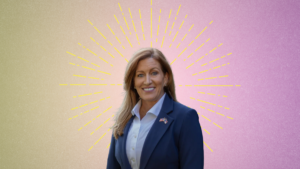Source: Cardinal & Pine
The Biden administration recently unveiled a finalized regulation aimed at capping most credit card late fees at $8, marking the latest move to alleviate the burden of “junk fees” on middle- and working-class Americans.
Initially proposed in July, the Consumer Financial Protection Bureau (CFPB) estimates that this regulation will save American households over $10 billion annually by slashing fees from an average of $32.
CFPB Director Rohit Chopra emphasized the long-standing exploitation by credit card companies, stating, “For over a decade, credit card giants have been exploiting a loophole to harvest billions of dollars in junk fees from American consumers.” The rule targets “large” credit card issuers — those with over one million open accounts, including American Express, Discover, and Capital One — representing more than 95% of total outstanding credit card debt in the United States.
According to the CFPB, more than 45 million Americans incur late fees on credit cards annually, with an average annual savings projected at $220 per individual. The regulation also seeks to close loopholes that enable credit card companies to raise fees on late-paying borrowers.
Chuck Bell, advocacy program director at Consumer Reports, hailed the rule as a meaningful intervention, stating, “Credit card companies collect billions of dollars in excessive late fees at the expense of economically vulnerable families every year.”
However, the financial industry criticized the regulation, arguing that it might lead to more late payments and damage credit scores. The US Chamber of Commerce announced plans to file a lawsuit against the CFPB to prevent the regulation’s enforcement.
Scheduled to take effect 60 days after publication in the Federal Register, the rule faces potential delays due to legal challenges. Its release coincides with a concerning trend of rising credit card debt in the United States, which surpassed $1.1 trillion last month, and aligns with the Biden administration’s broader efforts to address the high cost of living ahead of the 2024 election.
In addition to this regulation, President Biden proposed a Federal Trade Commission (FTC) rule requiring transparent pricing across industries and another regulation mandating upfront pricing disclosures for cable, satellite, and internet services. These initiatives collectively aim to enhance consumer protection and transparency in pricing practices across various sectors.





